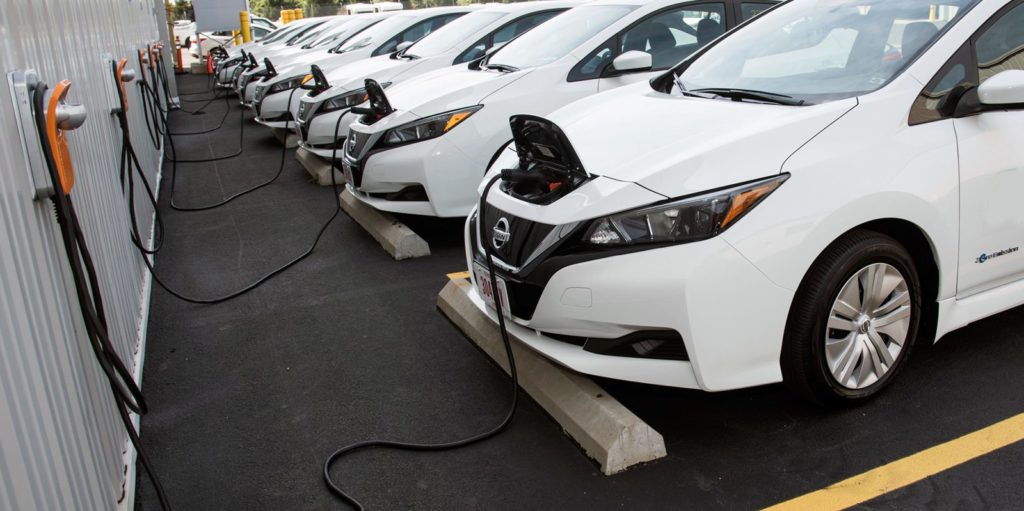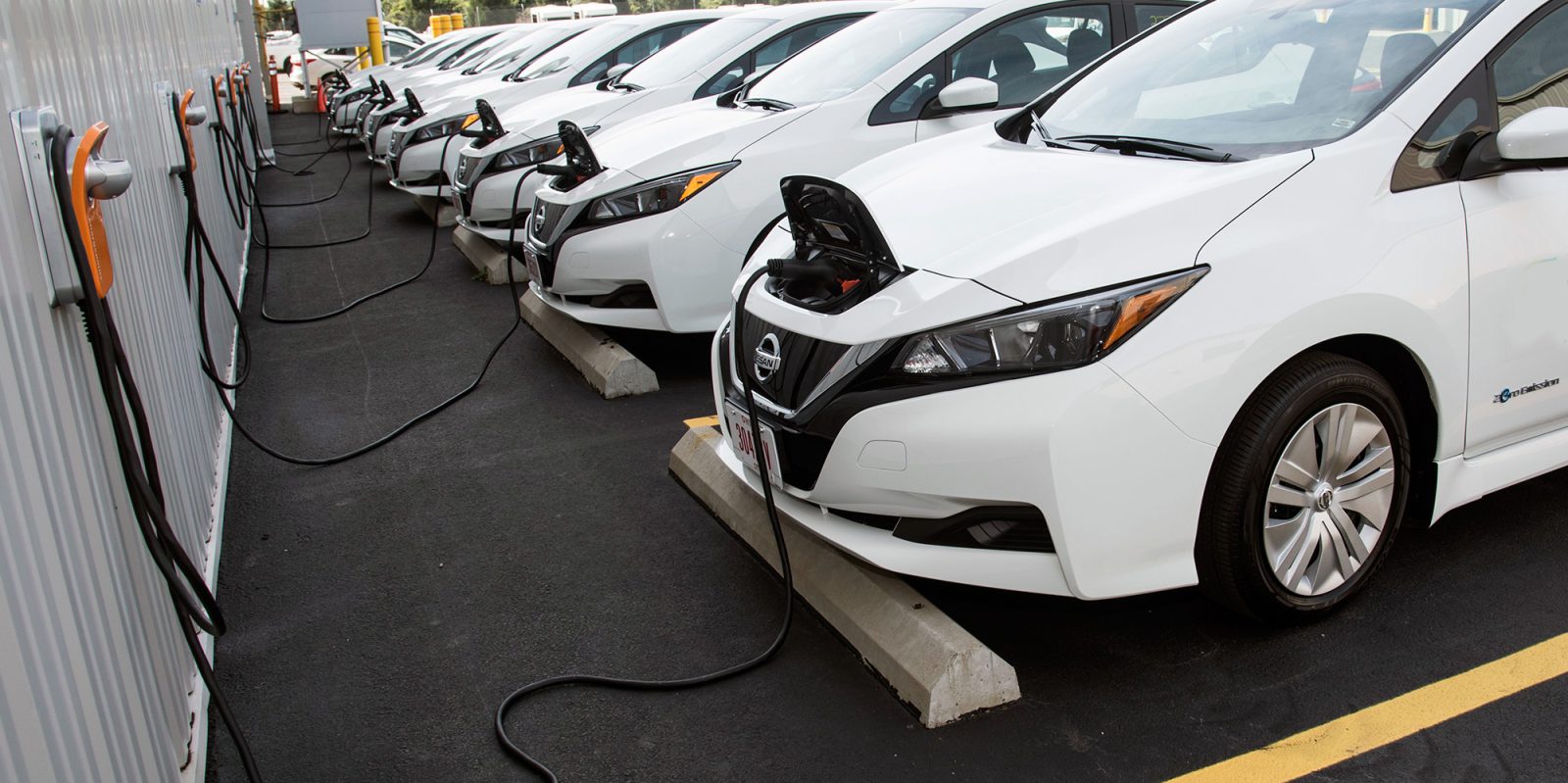
In 2021, the electric car is becoming more mainstream, with sleeker, more affordable options to choose from. Because electric car models are not marketed as much as their gas powered counterparts, many consumers are unaware of their options.
Electric cars can come in many forms, from very affordable and practical to the ultra luxury Porsche Taycan.
What is an electric vehicle?
EVs can be either 100% electric, where they rely only on their batteries and require an external charge, or they can be a hybrid, where they use a combustion engine to start but switch to electricity under specified conditions.
There are two types of hybrids:
- Standard hybrid: one that doesn’t need an external charge and can generate some electricity by absorbing the force applied when you hit the brakes.
- Plug-in hybrid: one that plugs in and relies on more powerful batteries. Plug-in hybrids perform more like a true electric car and less like normal gas-powered vehicles.
Pros of electric cars
If you’re comparing the merits of an electric car to those of conventional vehicles:
Lower ongoing costs
Recharging an electric car is much more affordable in the long run as opposed to refueling a gas-fueled car.
This is especially true when taking into account the fact that you can recharge your electric car at home and get tax benefits from installing a solar powered carport or using solar panels for your electricity.
Reduce carbon footprint
Non-hybrid electric cars emit zero tons of CO2 or other greenhouse gases, making them much more environmentally friendly. Charging electric cars with renewable energy, like solar, ensures no CO2 is emitted at any phase of your vehicle use.
Low maintenance needs
Mechanical engines have lots of moving parts, including pumps and valves, along with fluids that need changing. Think how many oil changes in a year. Which electric cars don’t have.
Because electric vehicles don’t have as many components that need replacing, less maintenance is necessary. Electric cars also generally last longer than their gas-powered counterparts because of less wear and tear.
Also, electric cars are much quieter than traditional gas engines which leads to less noise pollution and a more relaxing ride.
High-quality performance
Electric cars are known for operating smoothly and quietly. Electric motors also tend to react much quicker than mechanical engines, providing more torque and agility while driving.
Additionally, electric cars usually operate more efficiently and use less energy in stop and go city traffic.
More convenient
People mistakenly think that electric cars are more inconvenient since you have to find charging stations, which aren’t as easy to find as gas stations.
But the ability to charge electric cars at home is a great advantage and more charging stations are popping up around the country every week.
Cons of electric cars
Although electric cars have more than their share of advantages, it’s worth noting that they are not without their drawbacks.
Finding charging stations can be challenging
Even though you can charge an electric vehicle at home, finding a charging station, if you’re driving through rural areas or on a long-distance road trip can be a challenge. More areas are embracing EV charging stations and numerous hotel chains have started to include EV chargers in their parking lots. This trend will continue as demand for charging stations increases.
Charging can take a while
Adding gas to a fuel tank doesn’t take much longer than five minutes, whereas recharging an electric car can take some time to do, especially if the battery is fully depleted.
It can take up to 2 days to get a full charge on a battery pack using normal outlets, depending on car type and battery size. Even the fastest charging stations will take 30 minutes to get near 80 percent capacity.
The driving range is limited
The driving range of a gas-powered car is much longer than that of an electric car, which can range anywhere from 100 miles to 400 depending on the type of car.
This can be a problem if you’re planning a long-distance trip, but it should work fine for daily commutes if you charge your car nightly.
High initial costs
Although the cost of an electric car can be offset by fuel cost savings and tax credits, the upfront price of most electric cars is higher than that of comparable gas-powered vehicles.
Battery packs can be expensive to replace
Although little maintenance is generally needed, don’t be surprised if you need to replace your electric car’s battery pack at least once during its lifetime.
Doing so can be expensive, although it’s worth noting that the price has dropped significantly over the past few years and is estimated around $5,000.
Shipping electric vehicles
Like normal cars, you can ship your electric car virtually anywhere in the United States using the same shipping methods.
Electric cars are treated the same as normal cars when it comes to regulations. However, there are a couple of things you should be aware of before shipping your vehicle.
Electric vehicles use lithium-ion batteries. Proper packaging must be used. Before transport, the battery must be secured to prevent movement and short circuits.
Also, these rechargeable batteries are far heavier than single-use ones. This makes these batteries even heavier in electric and hybrid vehicles.
Because of this, some auto transport companies charge more for electric vehicle shipping based on the added weight.
If you have any questions about shipping electric cars, please contact the RunBuggy team



